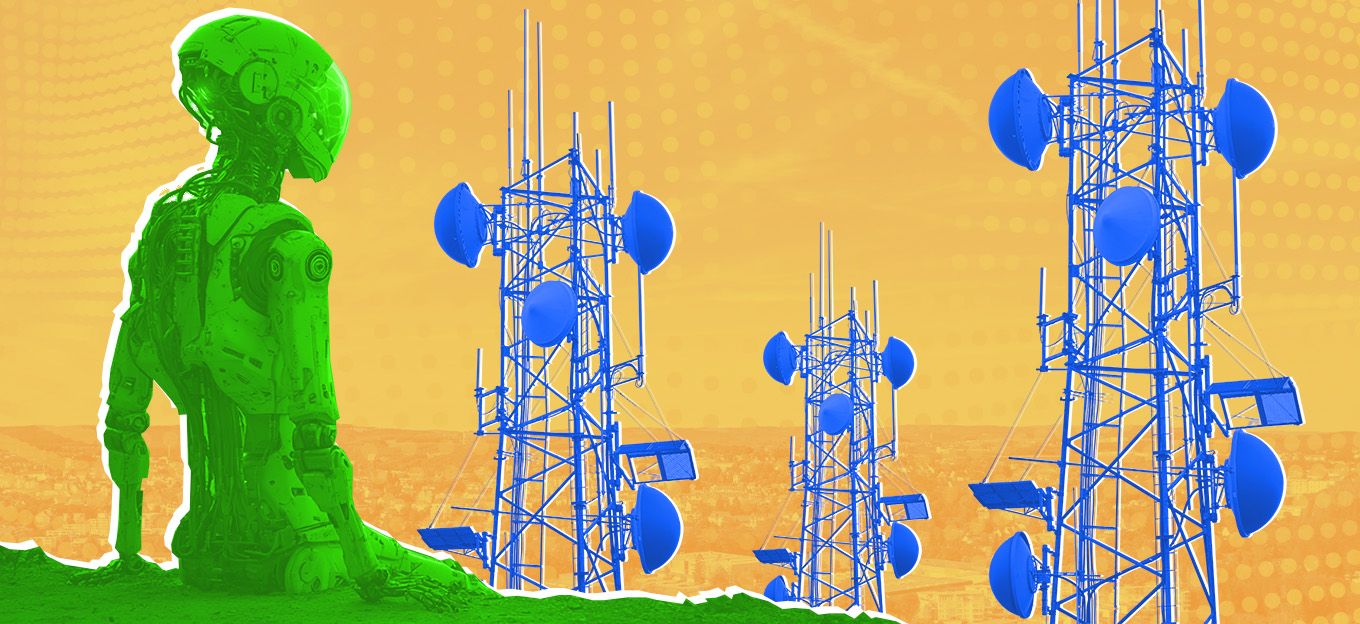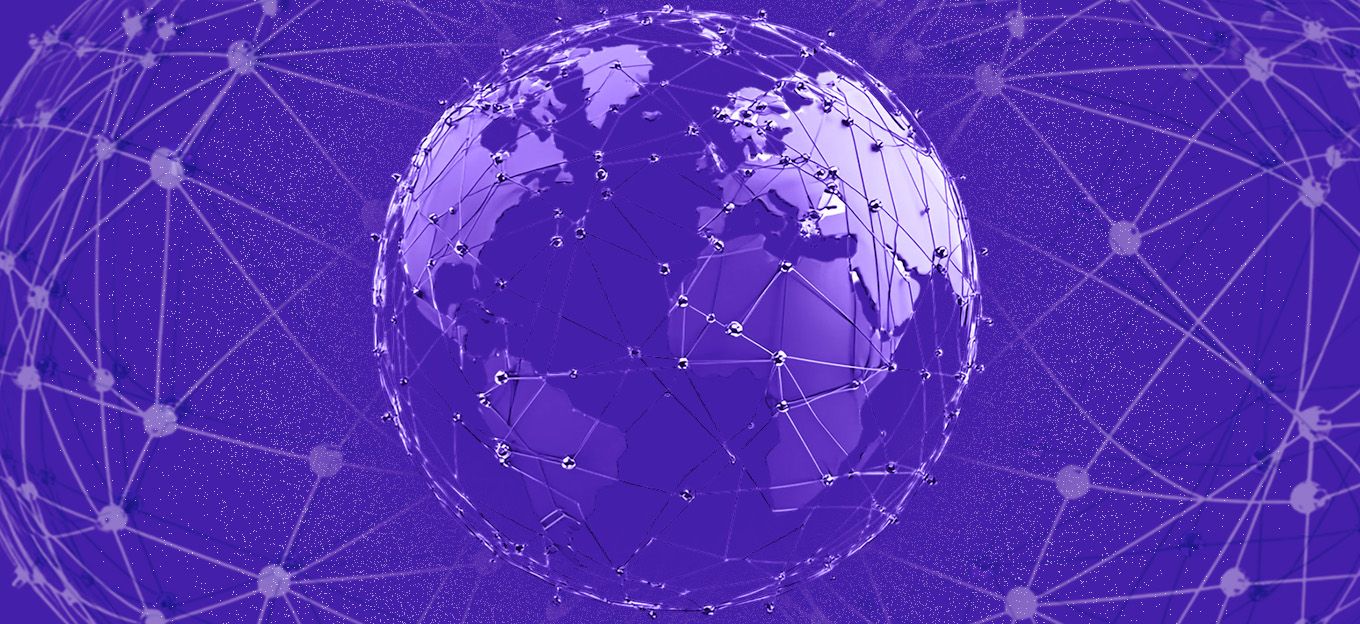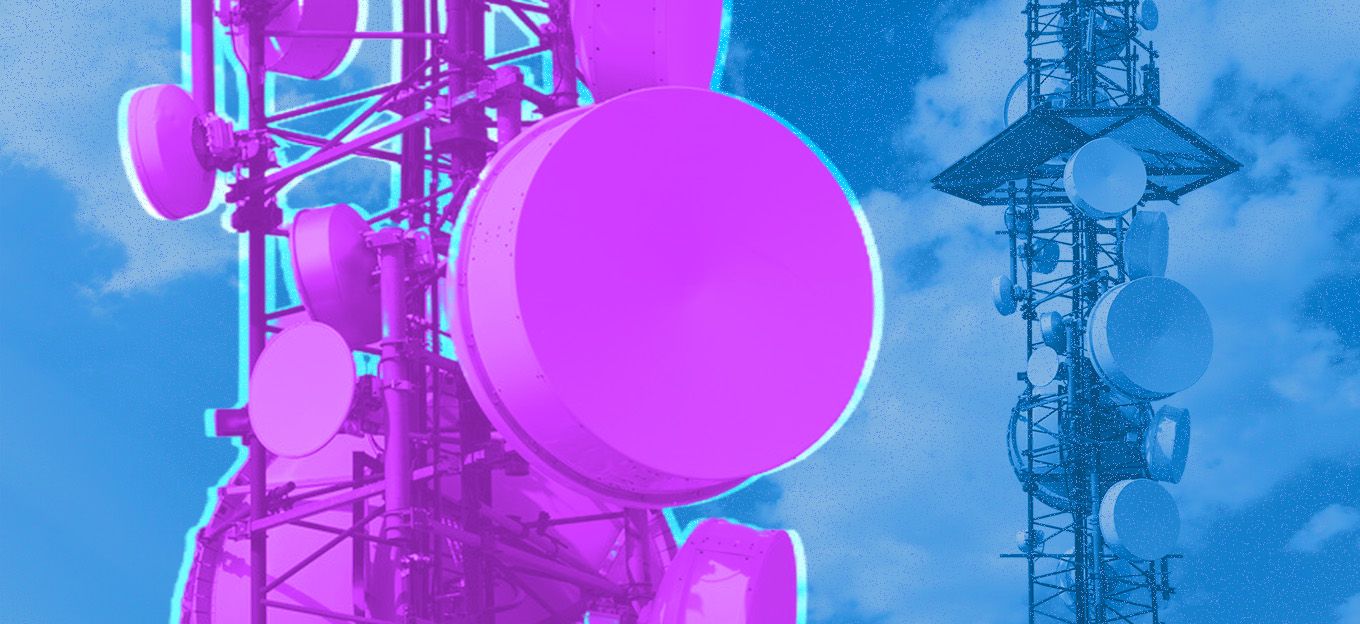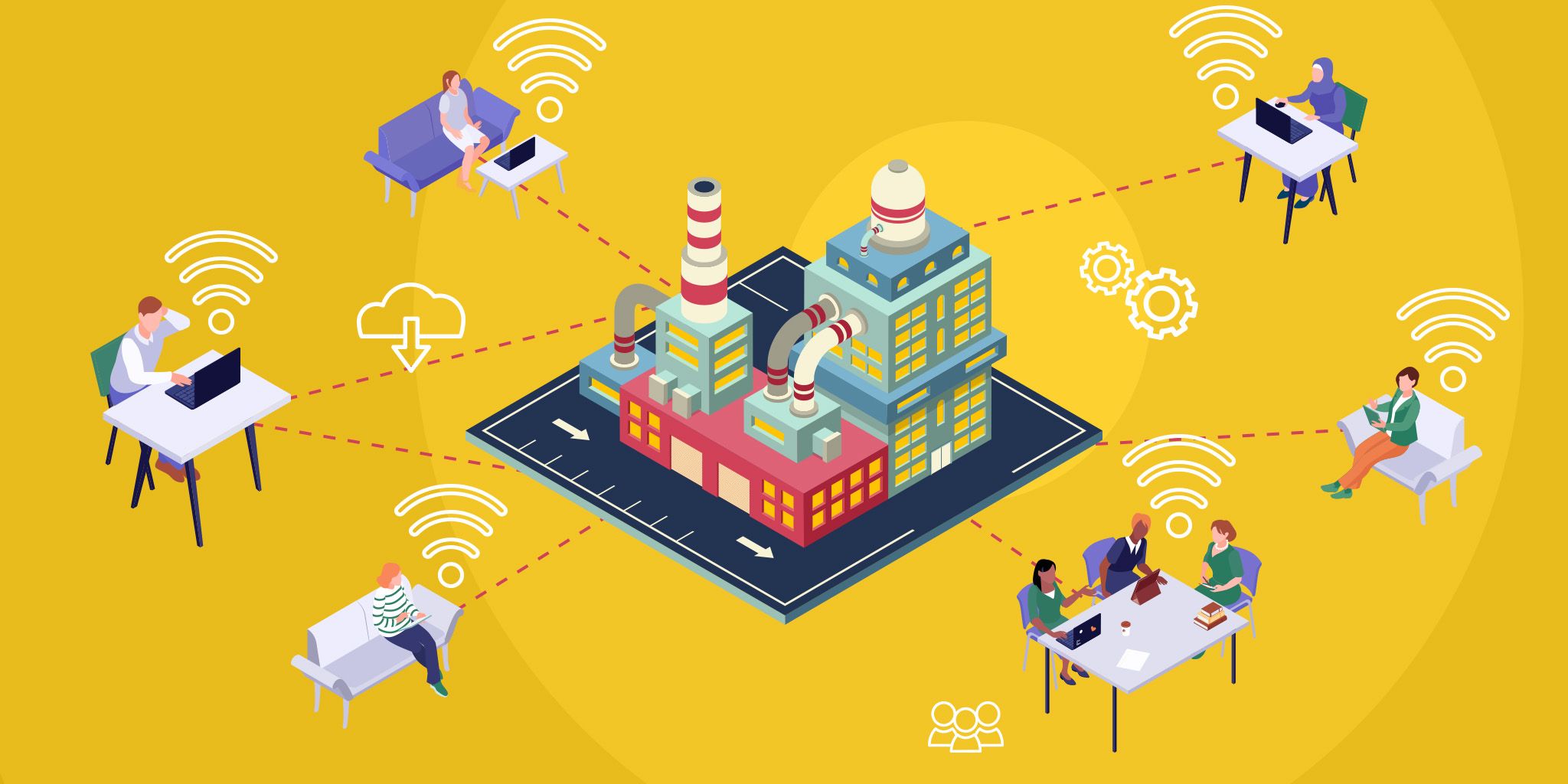2024 Predictions Across IoT and Artificial Intelligence
2024 Predictions Across IoT and Artificial Intelligence
- Last Updated: December 2, 2024
SmartSense by Digi
- Last Updated: December 2, 2024



The Internet of Things (IoT) and artificial intelligence (AI) are poised to fundamentally reshape industries, amplify traditional operating models, and unlock unprecedented efficiency. With an expected market value of $1.5 billion by 2032, now is the time for organizations to invest in IoT connectivity at scale. Keep these 2024 IoT and AI predictions in mind as you shape your AI-enabled IoT adoption roadmap.
IoT: Expanded Connectivity & Traceability
In 2024, we’ll see more companies leveraging third-party telemetry IoT data. For example, companies like Project 44 and FourKites are aggregators of different sensor data, competitor data, temperature data, location services, and more.
This provides customers with a data-driven control center that can be used for operational guidance, alerts, and visibility. The next 12 months will reveal more platform plays in IoT, and those platforms will be able to offer more accurate insights because of their ability to triangulate data from multiple sources.
In the realm of IoT, generative AI is the next step in the adoption cycle. IoT starts with connectivity, moves to real-time data collection, transforms that data into prescriptive actions, and will evolve into GenAI where people will have full-on conversations with machines.
Food service organizations will increase the urgency to expand their IoT-enabled traceability capabilities in preparation for FSMA 204, which goes into effect in January 2026. The need for added traceability will lead some enterprises to dip their toe into the world of blockchain technology.
FSMA 204, akin to DSCSA, mandates enhanced recordkeeping for production and supply chain compliance. However, FSMA is more concerned with tracing at the farm level, not at the batch level. You will see more cooperation and “handshakes” between companies across the value chain.
AI: Moving Beyond the Hype
In 2024, GenAI will transition from hype to dismay in the Gartner hype cycle. GenAI advances spur prescriptive analytics engines, shifting from SOPs to task-specific, language-based optimization.
This process will start in 2024, but prescriptive analytics won’t fully migrate to GenAI until much later. It will continue to prosper around customer service interfaces and branding/merchandising.
Traditional AI evolves: Mathematical models advance, integrating with real AI for enhanced forecasting, optimization, and pricing.
More retail, CPG, and healthcare organizations are utilizing packages of those mathematical models and embedding them in their applications, which they develop themselves. Next 5-10 years: Tech adoption swing towards owned best-of-breed solutions over purchased ones.
In 2024, firms will adopt AI components for a competitive edge, building in-house capabilities. For a competitive edge, developing in-house AI is wiser than off-the-shelf options available to others.
Tech purchasing trends shift: ERP to best-of-breed, platform, and now back to ownership over decades.
Looking Forward
Although we cannot anticipate exactly what will happen with IoT and AI technologies in the coming years, these predictions will help you when setting goals for new technology adoption. IoT and AI will continue to be prevalent figures moving forward.
The Most Comprehensive IoT Newsletter for Enterprises
Showcasing the highest-quality content, resources, news, and insights from the world of the Internet of Things. Subscribe to remain informed and up-to-date.
New Podcast Episode

The State of Cybersecurity in IoT
Related Articles





